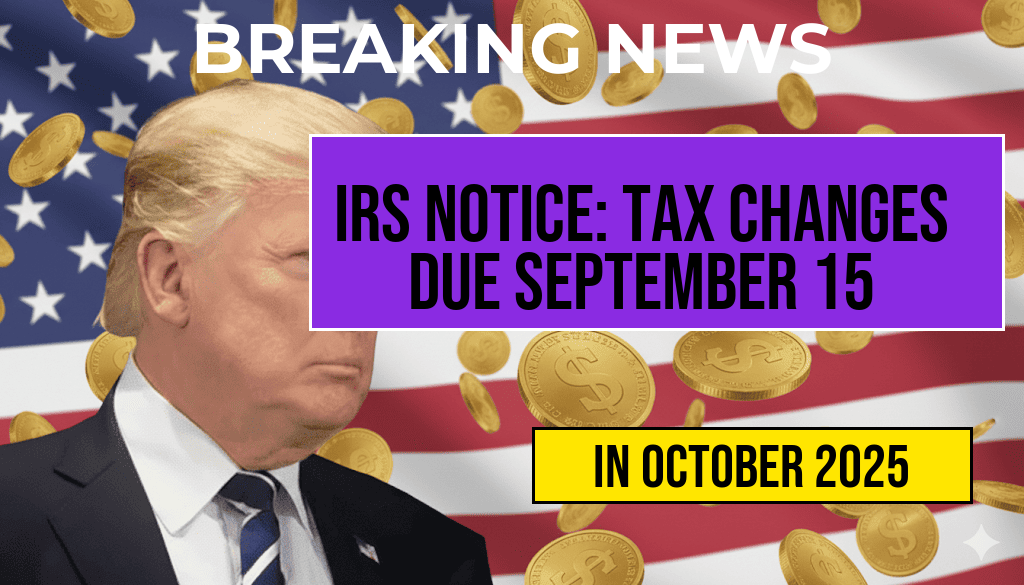The recent furlough of IRS workers has raised significant concerns among taxpayers regarding the status of their tax extensions and refunds. With a service window indicating a $0 availability, many individuals are left wondering how these unprecedented measures will affect their financial situations. As the IRS grapples with workforce reductions, understanding the implications of this furlough becomes paramount. Delays in processing tax returns and extensions are likely, leaving taxpayers uncertain about when they can expect their refunds and how to navigate the extension process. This article delves into the ramifications of the furlough, offering insights into potential impacts on extensions and refunds while providing guidance on how to manage these changes effectively.
Understanding the IRS Furlough
The IRS has faced numerous challenges in recent years, including budget cuts and staffing shortages. The recent furlough is a response to ongoing fiscal constraints, limiting the agency’s ability to process returns and provide services effectively. As a result, taxpayers may experience longer wait times for both processing refunds and handling inquiries related to tax extensions.
Impacts on Tax Extensions
For those who have filed for a tax extension, the furlough may complicate matters. Here are key points to consider:
- Extended Processing Times: Tax extensions filed online or via paper submissions may take longer to process due to reduced staff.
- Limited Communication: With fewer employees available, taxpayers might face difficulties in reaching IRS representatives for assistance.
- Potential Penalties: Delays in processing could result in penalties for those who need to file additional information or documentation.
Refund Delays
Taxpayers eagerly awaiting their refunds should prepare for possible delays. Factors contributing to this situation include:
- Backlog of Returns: A significant backlog may exist, with fewer personnel to address outstanding returns, leading to extended wait times.
- Increased Errors: As workers are fewer, the likelihood of processing errors may increase, potentially resulting in further delays as corrections are required.
- Payment Processing: Direct deposit payments might also be affected, with delays in funds reaching bank accounts.
Managing Your Tax Situation
In light of these challenges, taxpayers can take proactive steps to manage their tax situations effectively:
- Track Your Refund: Utilize the IRS “Where’s My Refund?” tool to stay updated on the status of your refund.
- Be Patient: Understand that delays are likely and remain patient while the IRS addresses the backlog.
- Consult a Tax Professional: If you have specific concerns, seeking advice from a qualified tax professional can provide clarity and guidance.
Resources for Taxpayers
To navigate the uncertainties of the furlough, taxpayers can access the following resources:
Conclusion: A Call for Awareness
While the furlough of IRS workers presents challenges for taxpayers, being informed and proactive can mitigate some of the stress associated with tax extensions and refunds. As the IRS works to resolve staffing issues and improve service delivery, understanding the implications of a $0 service window is essential for navigating the complexities of the current tax landscape. Taxpayers are encouraged to stay updated on changes and utilize available resources for support.
Frequently Asked Questions
What is the significance of the IRS workers’ furlough?
The IRS workers’ furlough refers to the temporary suspension of work by IRS employees, which can drastically affect the processing times for tax extensions and refunds. With fewer staff available, taxpayers may experience delays in receiving their refunds and responses to their extension requests.
How does the furlough affect my tax extension?
The furlough can lead to delays in processing tax extensions. If you file for an extension, it might take longer for the IRS to acknowledge it, which could create confusion regarding your filing status and deadlines.
Will my tax refund be delayed due to the furlough?
Yes, the IRS workers’ furlough can result in significant delays in tax refunds. With a reduced workforce, the IRS may take longer to process returns, which means you could wait longer than usual to receive your refund.
What should I do if I have questions about my tax situation during the furlough?
If you have questions regarding your tax situation, it is advisable to check the IRS website for updates, as response times may be longer than usual due to the furlough. Additionally, you may want to consider contacting a tax professional for assistance.
Are there any alternatives to receiving my refund during the furlough?
While the IRS is experiencing a furlough, there are not many alternatives for receiving your tax refund faster. However, ensuring that your tax return is filed electronically and correctly may help avoid additional delays.








